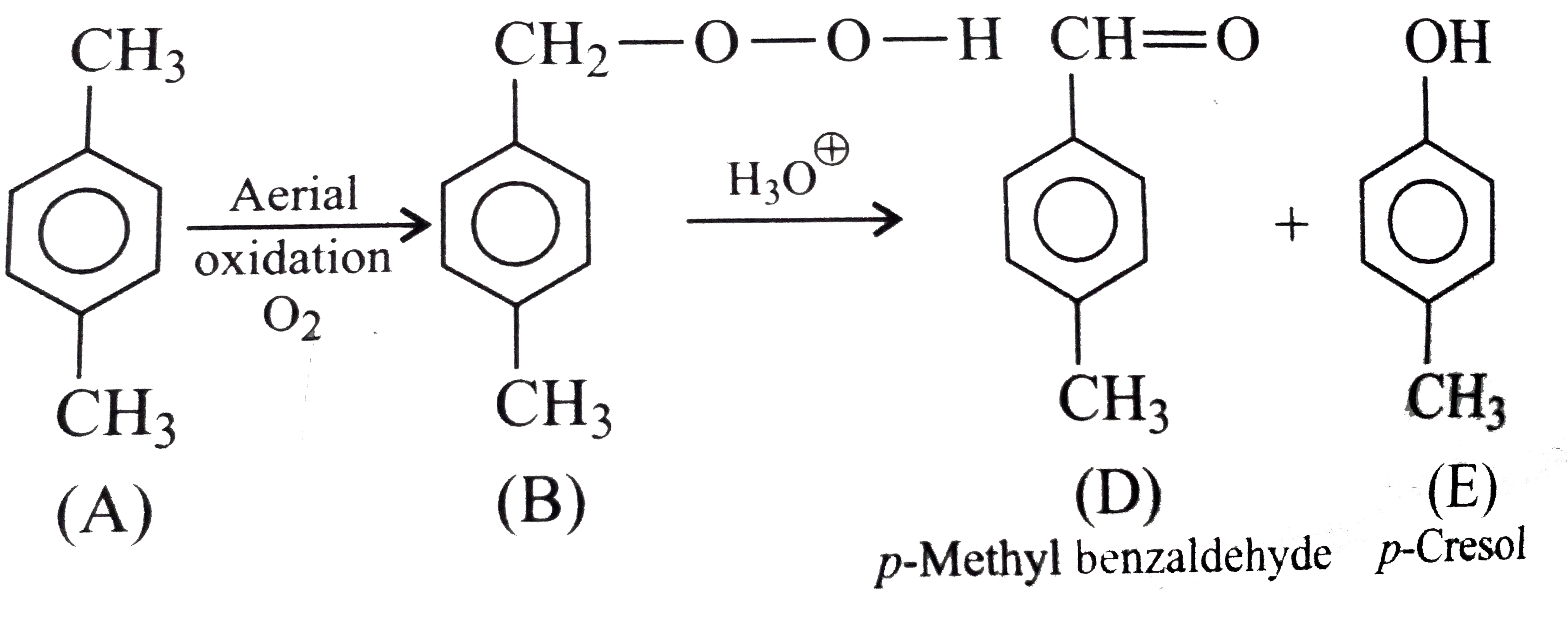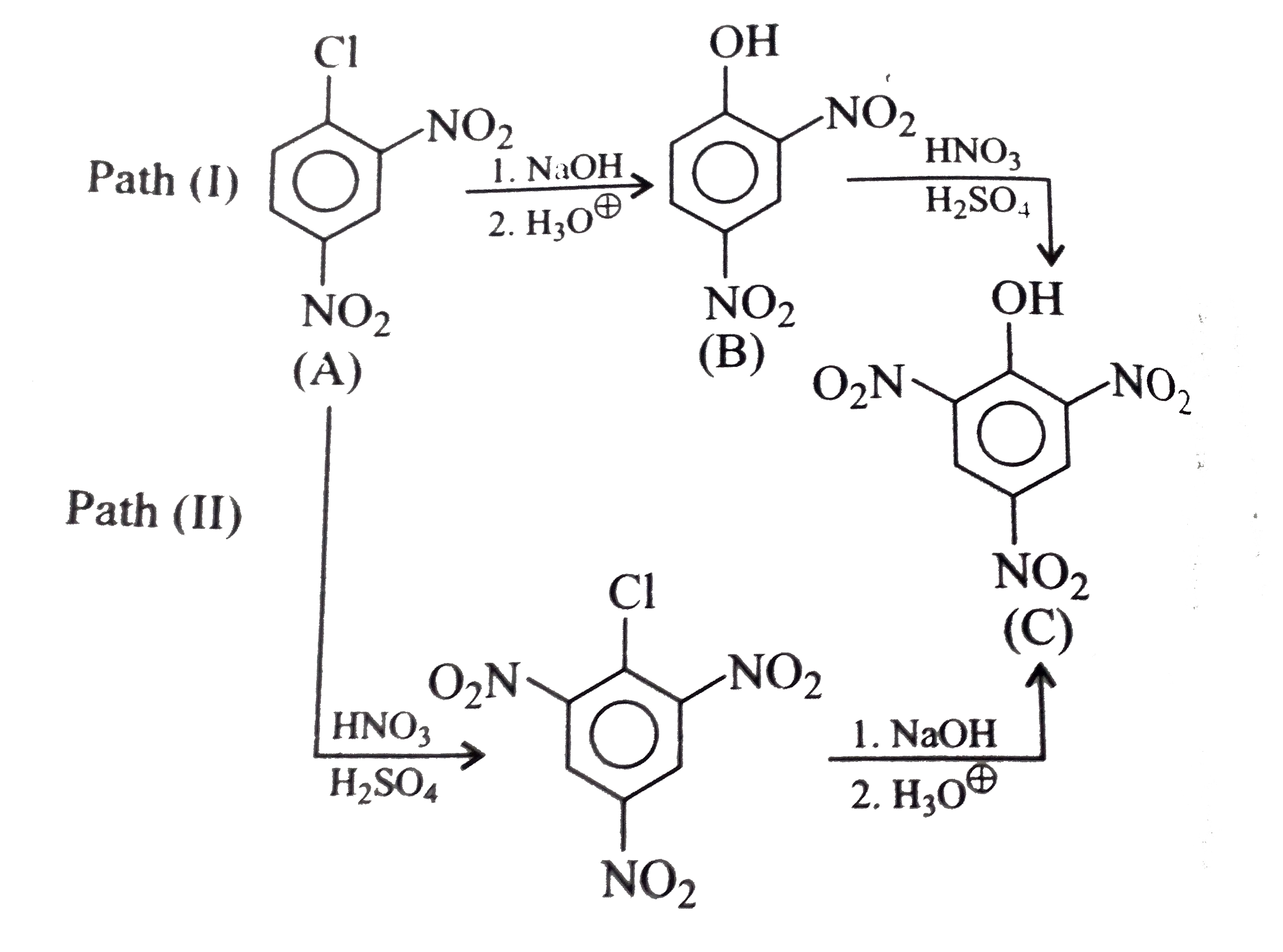Which of the following statement is not correct about order of a reaction ?
The order of a reaction is determined experimentally.
It is the sum of the powers of concentration terms in the rate law expression.
It does not necessarily depend on stoichiometric coefficients.
The order of a reaction can not have a fractional value.
The correct Answer is:D
Step by step video, text & image solution for Which of the following statement is not correct about order of a reaction ? by Chemistry experts to help you in doubts & scoring excellent marks in Class 12 exams.
Updated on:21/07/2023Topper's Solved these Questions
Similar Questions
Knowledge Check
Which of the following statement is not correct about order of a reaction ?
AThe order of a reaction can be a fractional number.BOrder of a reaction is experimentally determined quantity.CThe order of a reaction is always equal to the sum of the stoichiometric coefficients of reactants in the balanced chemical equation for a reaction.DThe order of a reaction is the sum of the powers of molar concentration of the reactants in the rate law expression.Which of the following statement is not correct about order of a reaction ?
AThe order of a reaction is determined experimentally.BIt is the sum of the powers of concentration terms in the rate law expression.CIt does not necessarily depend on stoichiometric coefficients.DThe order of a reaction can not have a fractional value.Which of the following statement is incorrect about order of reaction
AOrder of reaction is determined experimentallyBIt is the sum of power of concentration terms in the rate law expressionCIt does not necessarily depend on stoichiometric coefficients.DOrder of the reaction can not have fractional value.
Which of the following statements are correct about this reaction ?
View SolutionWhich of the following statements is/are correct about the following reaction ?

View SolutionWhich of the following statements is/are correct about the following reactions ?

View SolutionWhich of the following statements is/are correct about the following reaction ?

View SolutionWhich of the following statements are correct about this reaction?
View Solution
